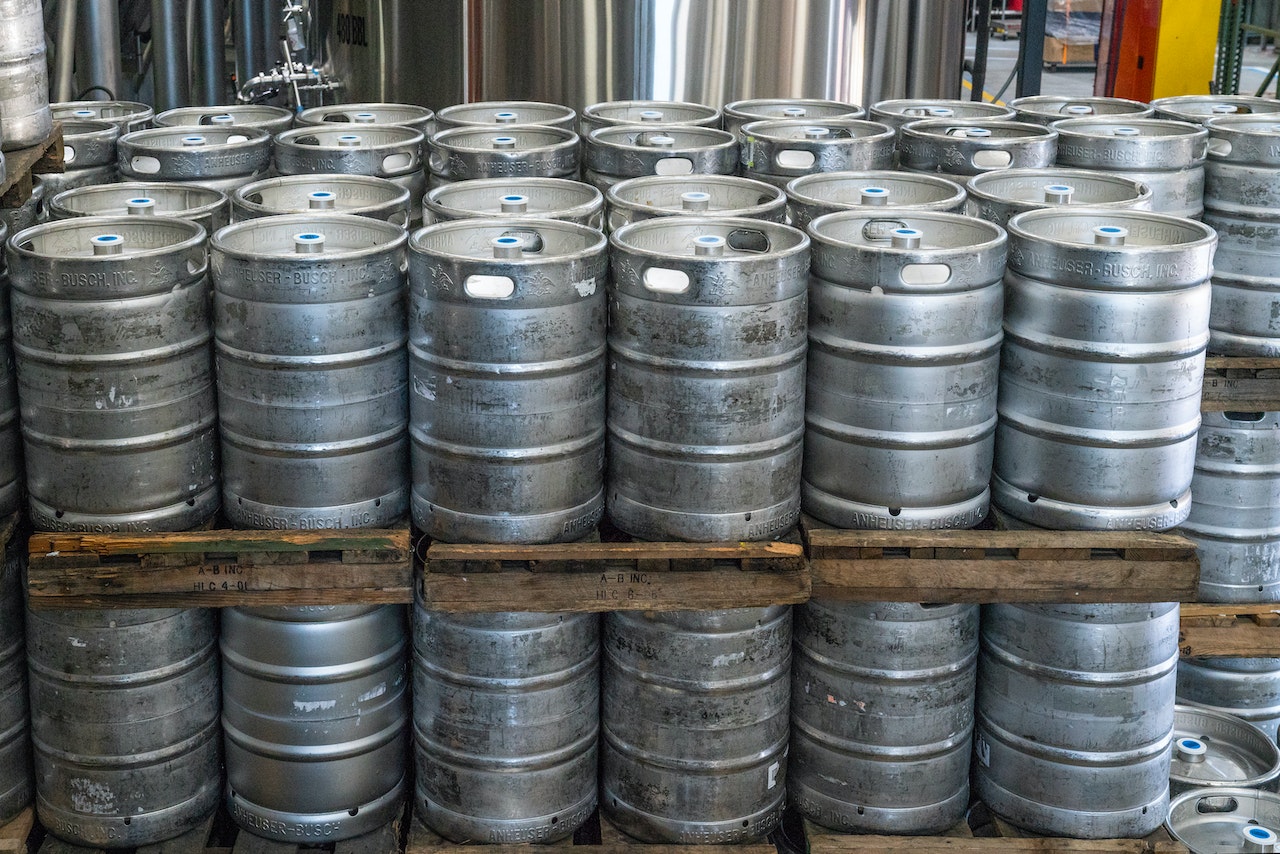In the realm of water resource engineering, knowledge acquisition is paramount. As professionals strive for comprehensive understanding and effective application of principles, it becomes imperative to identify key resources that facilitate growth and competence in this field.
This article aims to present a carefully curated list of the top five must-read books for every water resource engineer. These selections encompass a range of topics including the water cycle and hydrology, hydraulic engineering and design, environmental water management, water resources planning and policy, as well as sustainable water solutions and technologies.
Through an objective lens, this article seeks to provide a valuable resource for individuals seeking belonging within the community of water resource engineers.
Key Takeaways
- Understanding the water cycle and hydrology is crucial for water resource engineering.
- Hydraulic engineering plays a crucial role in designing water conveyance systems and flood control measures.
- Environmental water management involves strategic allocation of water resources and monitoring water quality.
- Water resources planning and policy consider social, economic, and environmental factors to ensure equitable access to clean drinking water while preserving the environment.
The Water Cycle and Hydrology
The study of the water cycle and hydrology is essential for understanding the movement and distribution of water on Earth.
Water scarcity and drought management are key issues in today’s world, as many regions face increasing challenges in meeting their water needs.
By analyzing the various components of the water cycle, such as evaporation, condensation, precipitation, and runoff, scientists can better predict and manage water resources.
Additionally, studying hydrology allows for insight into water quality and contamination. Understanding how pollutants enter and move through aquatic systems is crucial for protecting human health and maintaining ecosystem integrity.
Through careful analysis of hydrological processes, scientists can develop strategies to mitigate contamination risks and ensure access to clean drinking water for all communities.
Overall, a thorough understanding of the water cycle and hydrology is necessary for effective water resource management in an increasingly scarce and polluted world.
Hydraulic Engineering and Design
Hydraulic engineering and design involve the application of principles and methods to analyze, plan, and construct water conveyance systems. These systems are essential for water distribution, ensuring a reliable supply of clean water to communities.
The design process involves considering factors such as flow rates, pipe materials, and pressure requirements. Engineers use mathematical models and simulations to optimize the system’s performance in terms of efficiency, reliability, and cost-effectiveness.
Additionally, hydraulic engineering plays a crucial role in flood control measures. By designing channels, levees, dams, and other structures that can efficiently manage excess water during heavy rainfall or flooding events, engineers help protect communities from potential damage caused by inundation.
Overall, hydraulic engineering and design are critical components in creating sustainable water management solutions for society’s needs while mitigating the risks associated with floods.
Environmental Water Management
Environmental water management involves the careful and strategic allocation of water resources to maintain and improve the health of ecosystems, while also considering human needs and demands.
To achieve this, various water conservation strategies are employed. These strategies aim to reduce water usage, manage water supply, and minimize wastage through measures such as efficient irrigation systems, rainwater harvesting, and greywater recycling.
Additionally, effective water quality monitoring plays a crucial role in environmental water management. It helps assess the health of aquatic ecosystems by analyzing parameters such as temperature, pH levels, dissolved oxygen content, nutrient levels, and presence of pollutants.
Monitoring data can guide decision-making processes regarding resource allocation and pollution control measures to ensure sustainable use of water resources while preserving ecosystem integrity for future generations.
Water Resources Planning and Policy
Water resources planning and policy involves the development and implementation of strategies to effectively manage and allocate water resources in a manner that considers social, economic, and environmental factors. It is essential for ensuring sustainable water management practices and addressing challenges such as water scarcity, population growth, climate change, and competing demands.
To address these issues, various water conservation initiatives have been implemented worldwide. These include promoting efficient irrigation techniques, implementing water pricing mechanisms to incentivize conservation, investing in infrastructure for wastewater treatment and reuse, and encouraging public awareness about the importance of conserving water.
However, the allocation of water resources can lead to disputes over water rights. Conflicts often arise between different user groups or regions competing for limited water supplies. Resolving these disputes requires comprehensive legal frameworks, negotiation processes, and effective conflict resolution mechanisms.
Overall, effective water resources planning and policy play a crucial role in ensuring equitable access to clean drinking water while safeguarding environmental sustainability.
Sustainable Water Solutions and Technologies
Innovative technologies and practices have been developed to enhance water sustainability and address the challenges of water scarcity, population growth, and climate change. These advancements aim to optimize water use, reduce wastage, and promote conservation. Several effective water conservation methods have emerged, including improved irrigation systems that minimize evaporation losses, rainwater harvesting techniques that capture and store precipitation for later use, and greywater recycling systems that treat wastewater from households or industries for non-potable purposes. Additionally, desalination processes using reverse osmosis or distillation are being employed in regions with limited freshwater resources. Furthermore, the adoption of smart water management systems incorporating sensor technology and data analytics allows for real-time monitoring of water usage patterns and enables efficient allocation of resources. These sustainable solutions play a vital role in mitigating the impacts of water scarcity challenges while fostering a sense of belonging among communities striving towards a more environmentally conscious future.
| Water Conservation Methods | Benefits | Implementation Challenges |
|---|---|---|
| Improved irrigation systems | Minimizes evaporation losses | High initial costs |
| Rainwater harvesting | Captures and stores rainfall | Requires adequate space |
| Greywater recycling | Treats wastewater | Requires additional infrastructure |
| Desalination | Provides freshwater | High energy consumption |
| Smart water management | Efficient resource allocation | Technological complexities |
Table: Overview of Sustainable Water Solutions
Frequently Asked Questions
How Does the Water Cycle Affect Water Resource Engineering and Management Practices?
The water cycle’s impact on water resource engineering and management practices is significant. Understanding the processes of evaporation, condensation, and precipitation allows for effective planning and utilization of water resources to meet societal needs while also considering environmental sustainability.
What Are the Key Considerations in Hydraulic Engineering and Design for Water Resource Projects?
Key considerations in hydraulic engineering and design for water resource projects include hydraulic modeling to evaluate flow characteristics, flood risk assessment to mitigate potential hazards, and ensuring the sustainability of water resources through efficient management and conservation practices.
How Does Environmental Water Management Play a Role in Sustainable Water Resource Development?
Environmental water management plays a crucial role in sustainable water resource development. Legislation dictates the framework for managing environmental flows, ensuring ecological integrity. Stakeholder engagement is essential for effective decision-making and achieving a balance between human needs and environmental protection.
What Factors Are Taken Into Account in Water Resources Planning and Policy-Making?
Factors taken into account in water resources planning and policy-making include water scarcity challenges, climate change impact, socio-economic factors, ecological considerations, stakeholder engagement, legal frameworks, technical feasibility assessments, and long-term sustainability goals.
What Are Some Innovative and Sustainable Water Solutions and Technologies That Can Be Implemented in Water Resource Engineering Projects?
Innovative solutions and sustainable technologies are crucial in water resource engineering projects. These advancements address the need for efficient water management, conservation, and pollution prevention, ensuring long-term sustainability and resilience in the face of growing environmental challenges.
Conclusion
In conclusion, it is imperative for every water resource engineer to expand their knowledge and expertise by delving into the world of literature. The top 5 must-read books mentioned in this article provide valuable insights into various aspects of water resource engineering, ranging from the water cycle and hydrology to sustainable water solutions and technologies.
By studying these books, engineers can enhance their understanding of hydraulic engineering, environmental water management, water resources planning and policy, and ultimately contribute towards developing innovative and efficient strategies for managing our precious water resources.
As Benjamin Franklin once said, ‘When the well is dry, we know the worth of water.’ It is crucial for engineers to continually educate themselves to ensure a sustainable future for our most vital natural resource.


